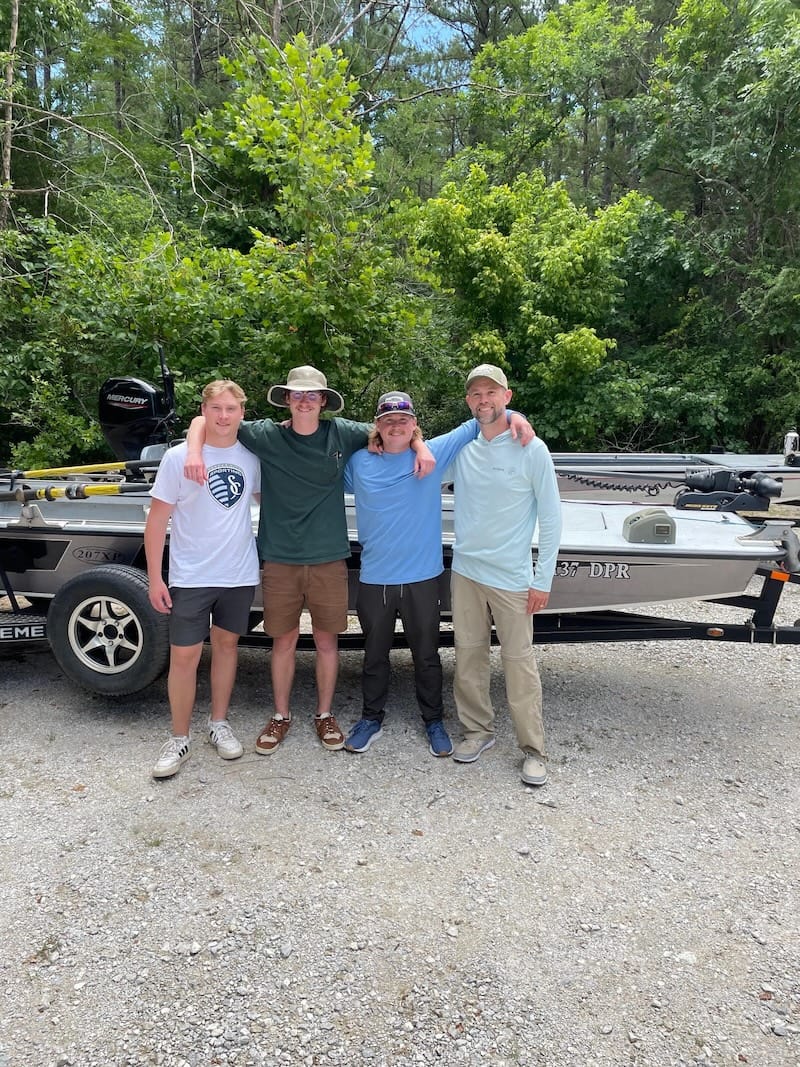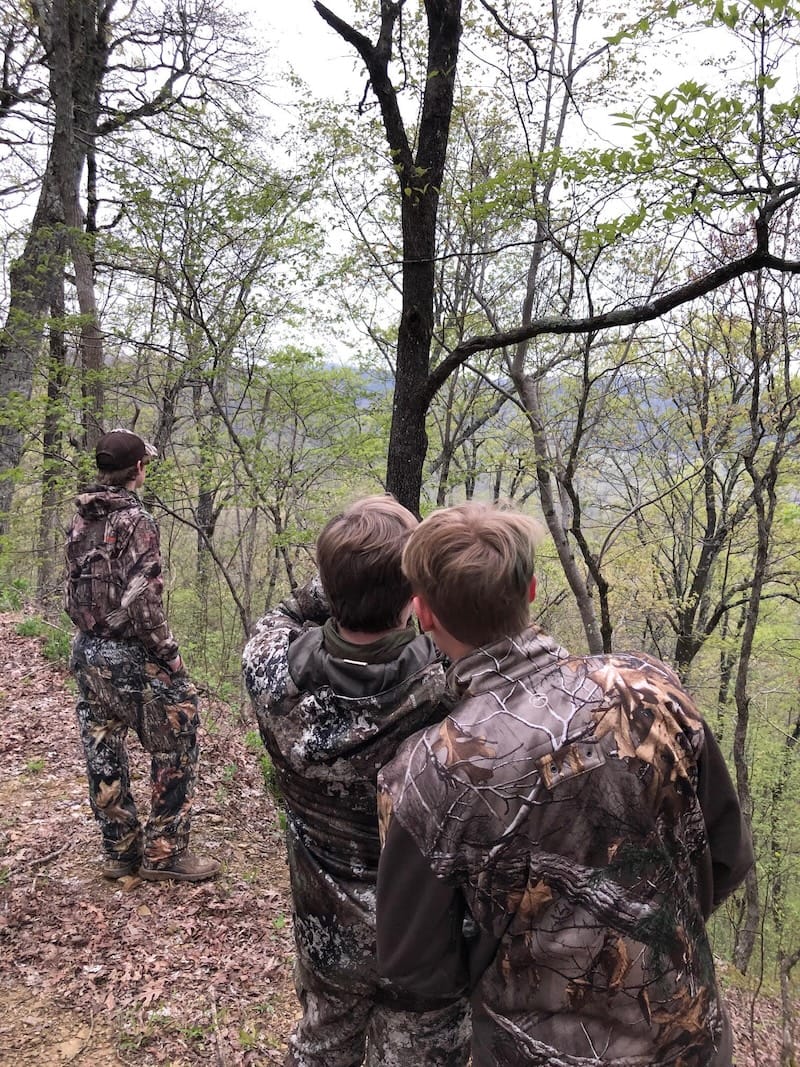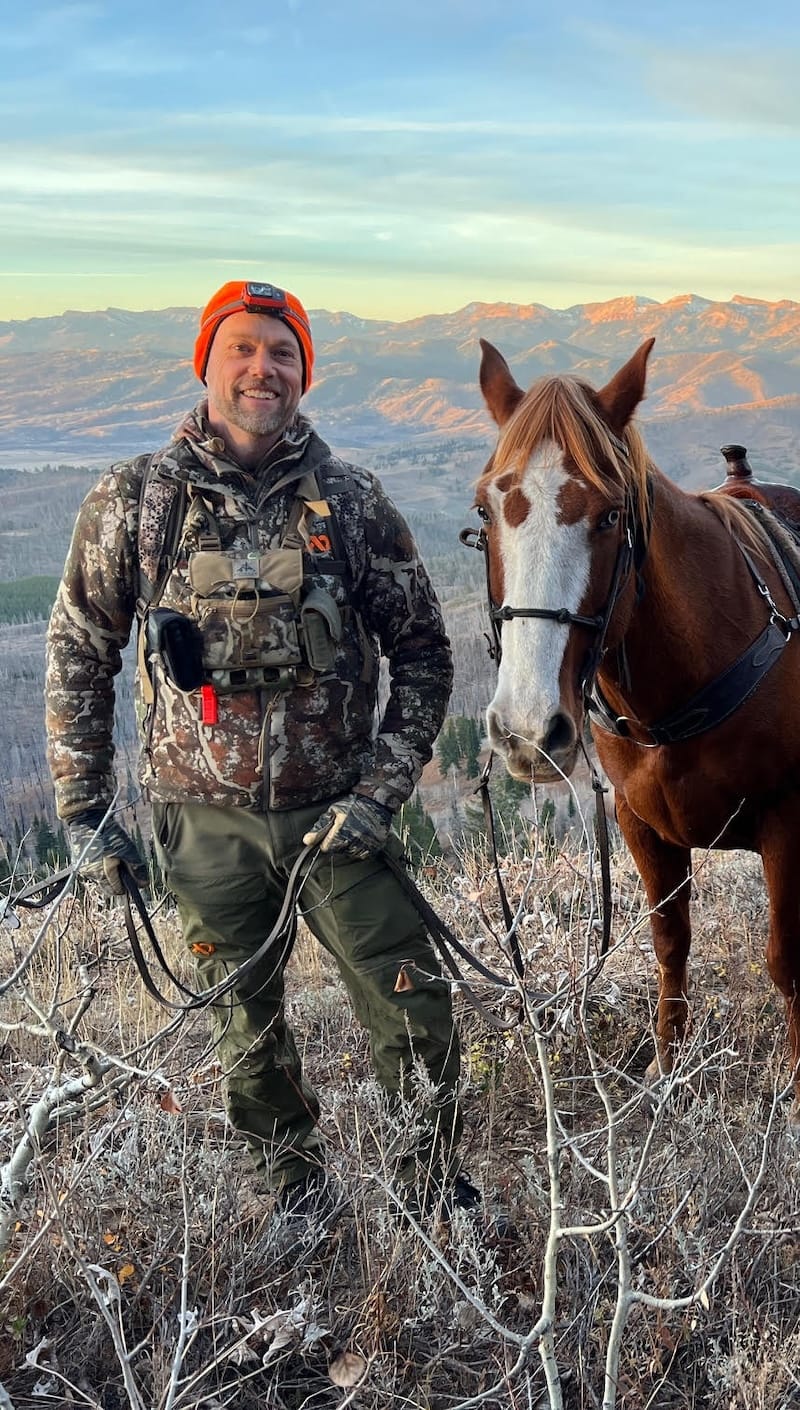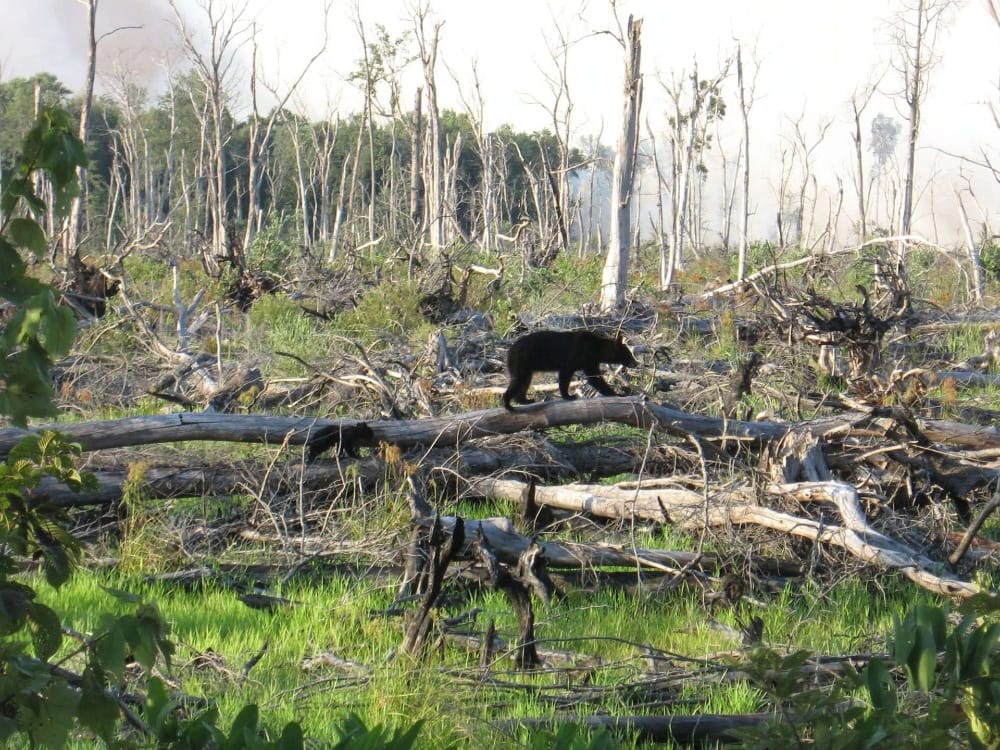
This story web-only story is a companion to our print journal, Southlands. Get the full experience by ordering a copy in our shop, and be sure to subscribe to receive the next two issues.
In her book Eight Bears, writer Gloria Dickie notes that every human culture that shares territory with bears has viewed these creatures as something close to kin. And perhaps that explains the appeal of merciful stories.
Most famously, for example, Teddy Roosevelt declined to shoot a black bear in Mississippi in 1902, thereby inspiring a children’s toy. (Read the history, though, and you’ll learn the tale is more complicated than just mercy.) Anya Groner, in a recent feature for this magazine, cites William Faulkner’s famous story “The Bear,” in which a boy decides not to shoot the bear he’s been stalking in Mississippi for years. Accepting the presence of a predator is a way of acknowledging that, as Anya puts it, “so much of what happens is beyond our control.” We live in a wild and dangerous world, and that’s okay.
But there's an argument that we should not just let bears be. In many places in the South, black bear populations are booming—which means bear-human conflicts are on the rise. There are many hunters who say "harvesting" bears, as the euphemism goes, is an effective means of managing the species's population. Bear hunting has long been legal across the upper South, and is now returning to the Gulf coast. Louisiana re-opened its bear season last year. Florida will follow suit next month. But, given our mythic regard for bears, this expansion has stirred up some some controversy.
Back in September, I wrote about some of the issues raised in Florida. After that newsletter, I heard from a bear-hunting subscriber, James Brandenburg, who offered several criticisms and corrections. And that started a conversation.
James’s description of why and how he came to become a bear hunter fascinated me. So I asked: will you sit for an interview? James objected that he was not a bear-hunting expert—but, to me, that was the point. I’d been thinking about publishing conversations with Southlands subscribers, showcasing different understandings of Southern nature. I figured the views of an “everyday” bear hunter, to the extent there is such a thing, would be a good place to start.
The quotes below are lightly edited for clarity and brevity; given the controversies, it only felt right to allow James to review the profile, which has led to a few slight tweaks to the framing. If you know a Southlands reader with views worth sharing like this, let us know.
–Boyce



From left to right: James and boys on birthday fishing trip 2024; James's sons on a turkey hunt in 2020—an escape from Covid lockdowns; James on an elk hunt in 2024. Photos courtesy of James Brandenburg.
James Brandenburg is, by day, the president of U.S. operations for a textile company based in India. As a kid in first Iowa and then Arkansas, he was not a hunter. His outdoor activity was golfing. But then he had sons, and they took an interest in deer hunting.
"I was like, ‘I've got three boys. I probably at least need to get my hunter safety card’—so I could take them out there and sit with them," he told me. "So this led me on this journey where we, the four of us, basically taught each other how to hunt."
This post is for paying subscribers only
Subscribe now and have access to all our stories, enjoy exclusive content and stay up to date with constant updates.
This post is for paying subscribers only
Subscribe to get access to this and all premium content.


